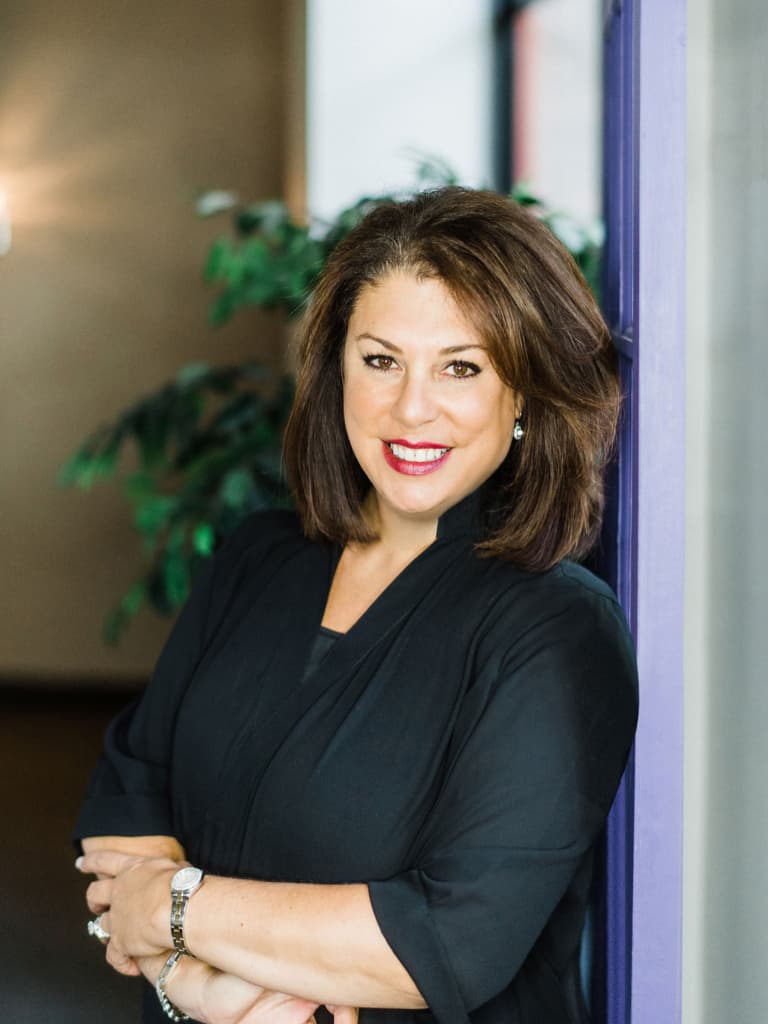A Lesson in Trusts: An Estate Planning Tool for Adam and Eve
One important tool in estate planning, elder law, and disability planning is Trust. Yet, it is also the most commonly misunderstood document. A trust is a document that sets forth rules for how money or property should be managed and inherited. I offer this hypothetical narrative to illustrate the parties to a trust and how a trust may operate.
The simplest example is related to vacation property. Assume Adam and Eve own a large farm in the Connecticut hills. They have 2 sons, Cain and Able, who for whatever reason don’t get along well. Adam and Eve hire an attorney to develop an estate plan.
The attorney recommends that a trust hold title to the Farm, setting out rules for the use of the Farm after Adam and Eve have died. This allows both sons to have equal use and access to the Farm, but in a structured manner.
The attorney advises that they must transfer “title” from Adam and Eve, as individuals, to Adam and Eve, as the Trustees. The trust says, “ In January, March, May, July, September, and November, Cain may occupy the property for his personal use and pleasure, but he must leave by 6:00 p.m. on the last eve of the month.” Similarly, Able has the same rights for the other months. The Trust also says that all expenses to upkeep the Farm must be divided equally and each son must pay one-half of the expenses.
This is a living trust. It allows Adam and Eve to shift title to the Trust very simply by using a deed to put the property into the trust. Adam and Eve still use the property in the same manner as they always did, but they are able to reap advantages to using a trust. First, if Adam and Eve become disabled, the trust names a successor trustee to take over the care and management of the property. When they both pass away, a long probate process is avoided and continued management and use of the property are uninterrupted.
In this scenario, Adam and Eve are the Grantors (the people who create the trust and fund the trust) and the initial Trustees (the persons who take care of the property and ensure the trust rules are followed). Adam and Eve will have to name Successor Trustees to take over their role when they have both passed. Cain and Able are concurrent beneficiaries of the Trust (they both have similar equitable rights as related to the Farm).
This trust is revocable during the life of Adam and Eve and becomes irrevocable when the first of them dies. This considers that the surviving spouse should not be permitted to change the trust after the first spouse’s death. But leaves flexibility to alter the rules when they are both alive.
Although the type of property and the “rules” may differ greatly, this is an example of the use of a revocable trust to hold real estate for the benefit of the beneficiaries. Trusts are not part of a “probate estate” and this offers privacy over the assets held in trust, and avoids the administrative process of probating an estate.

